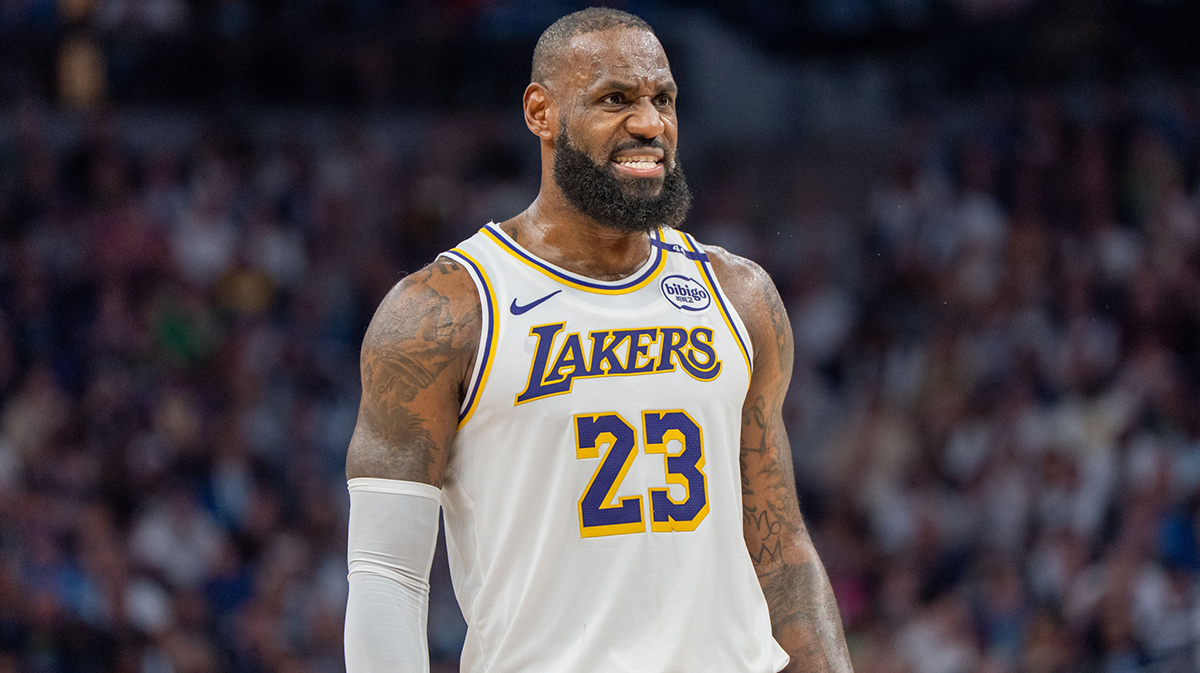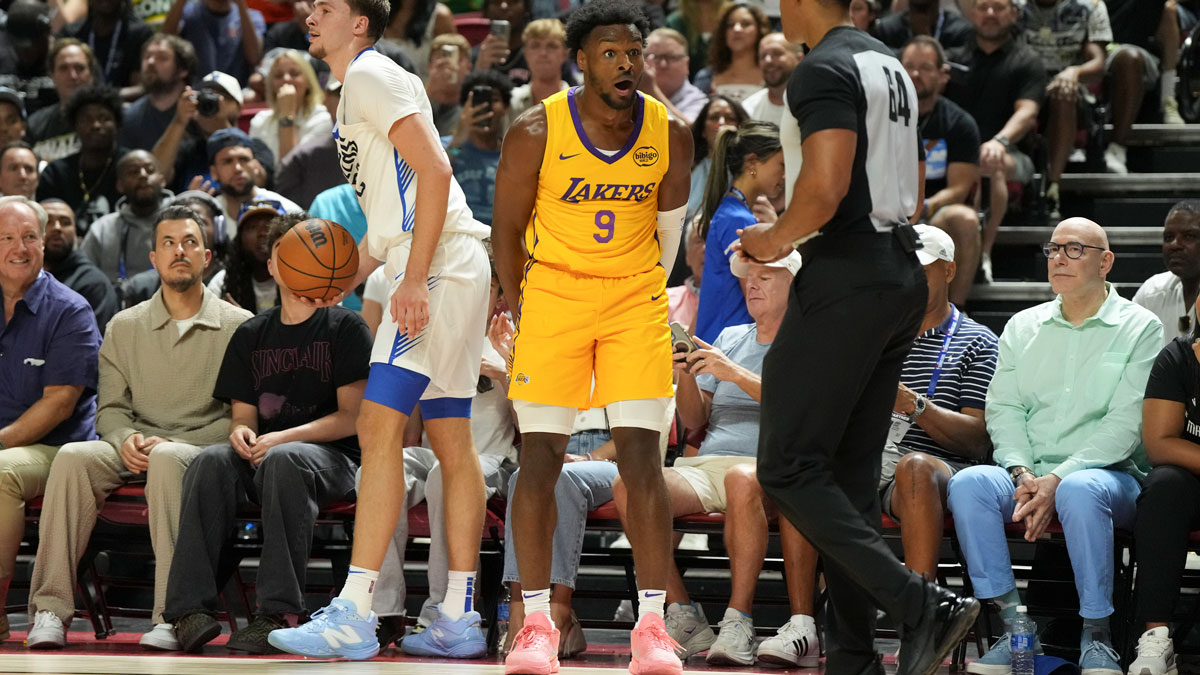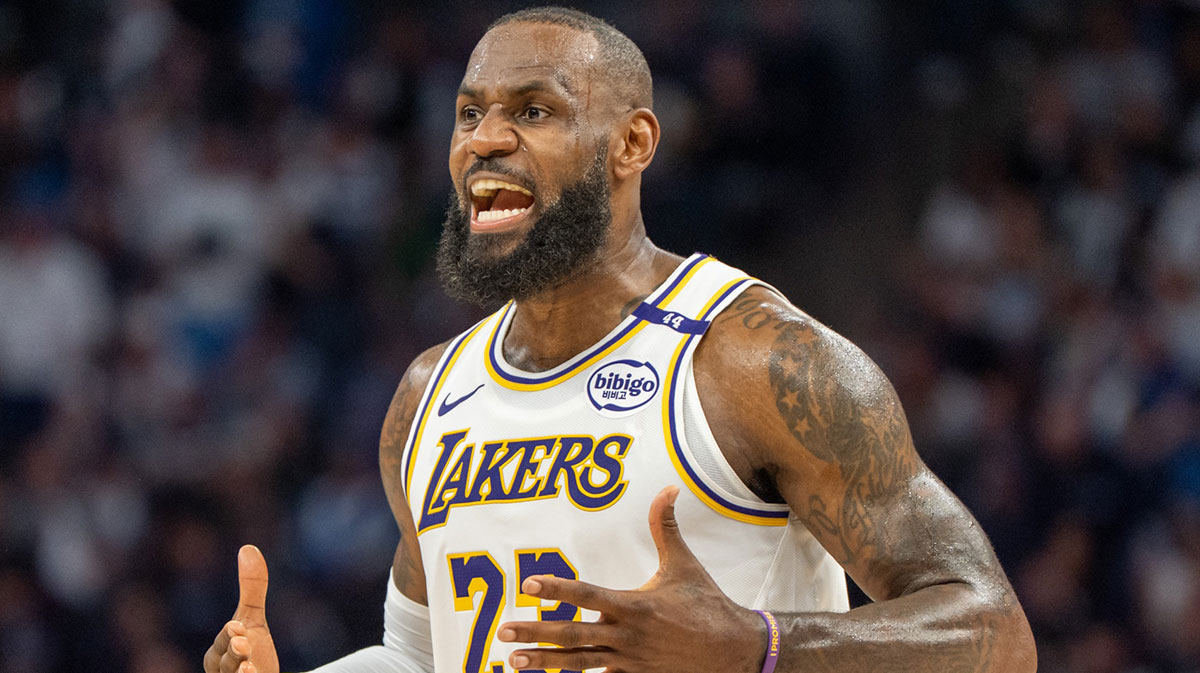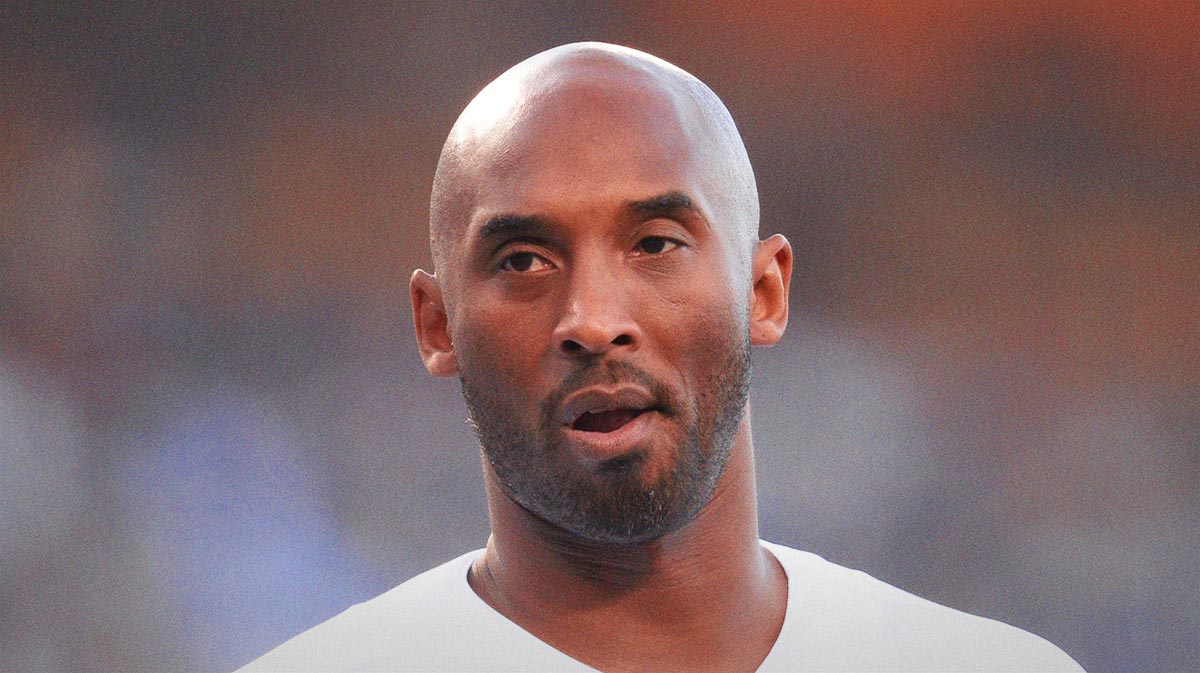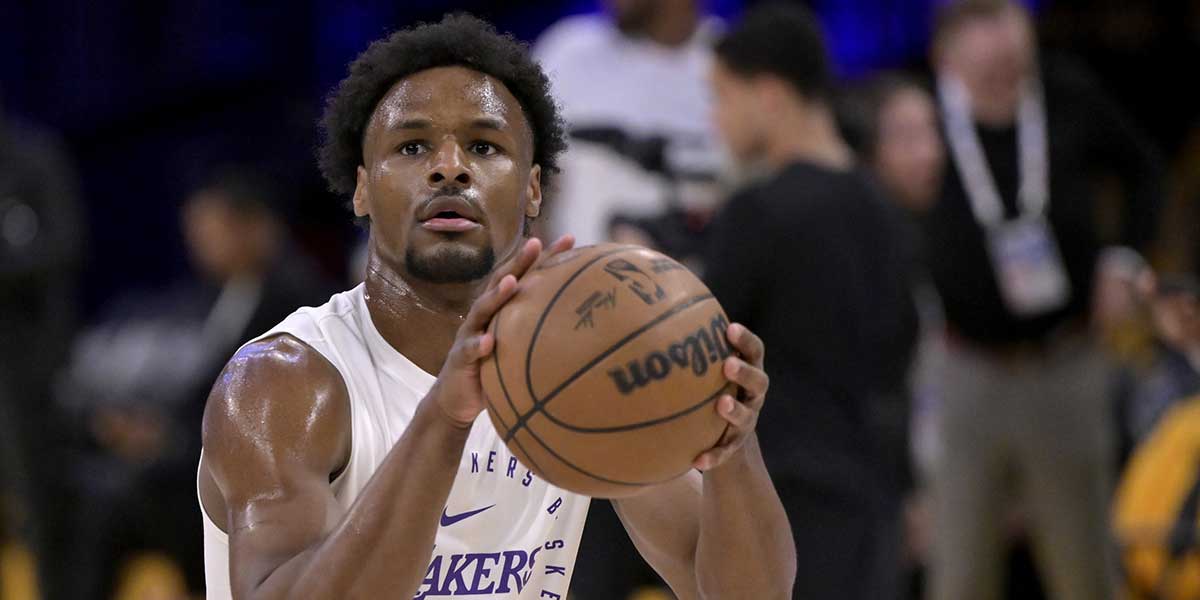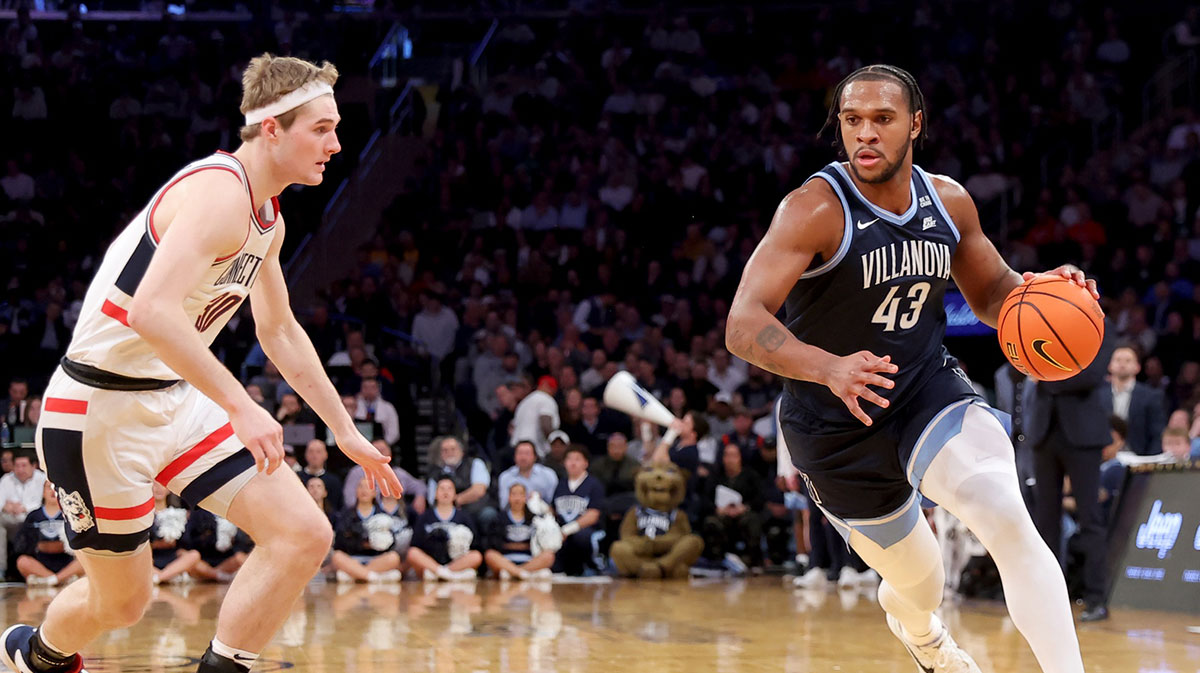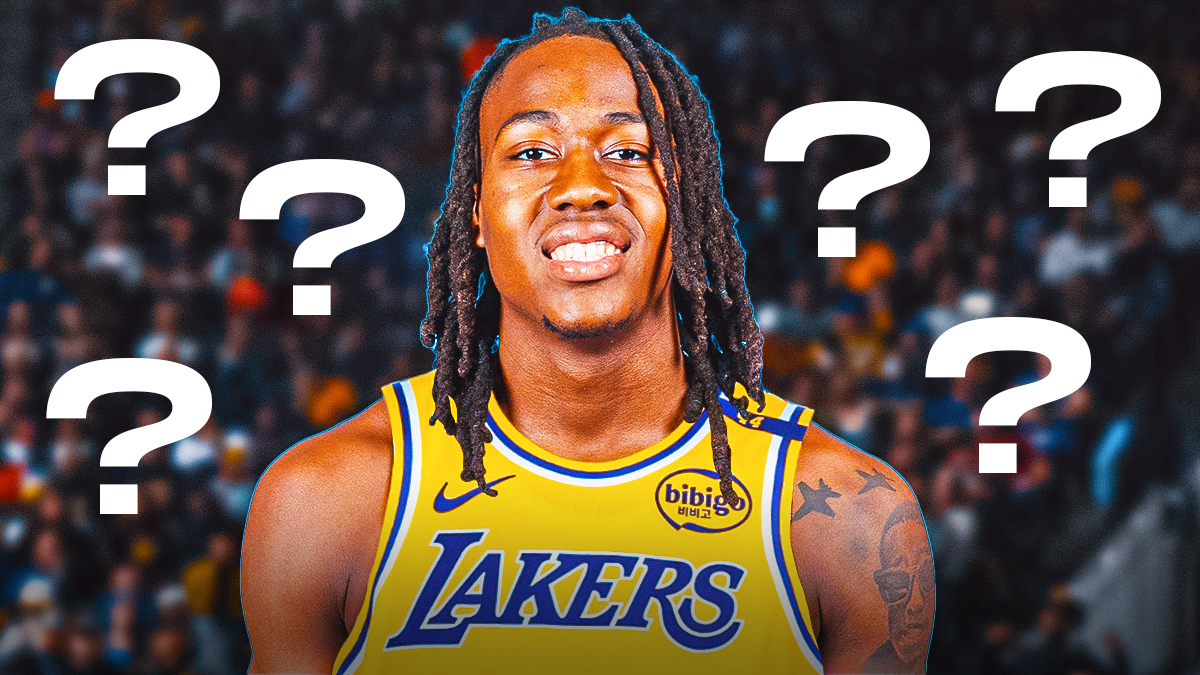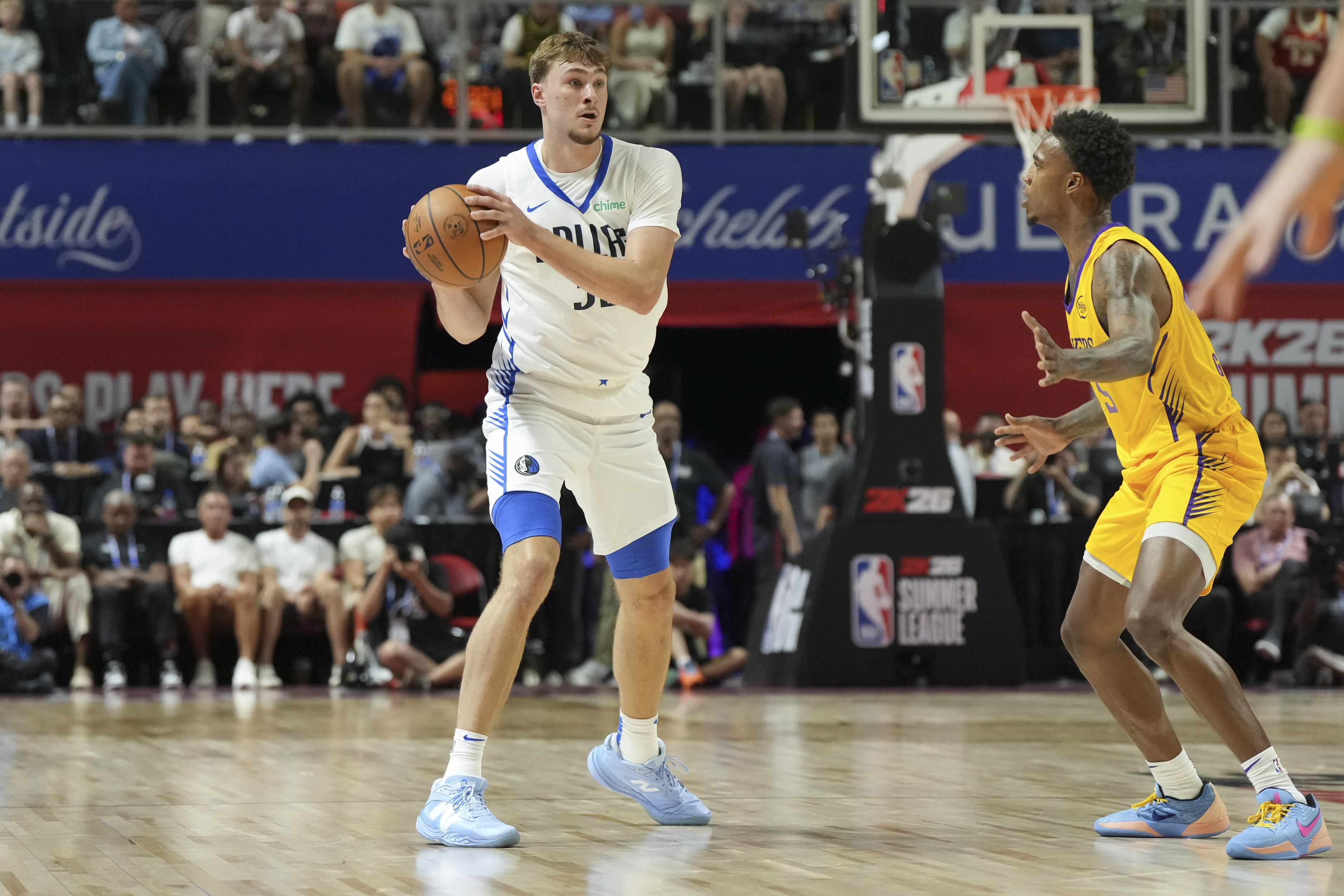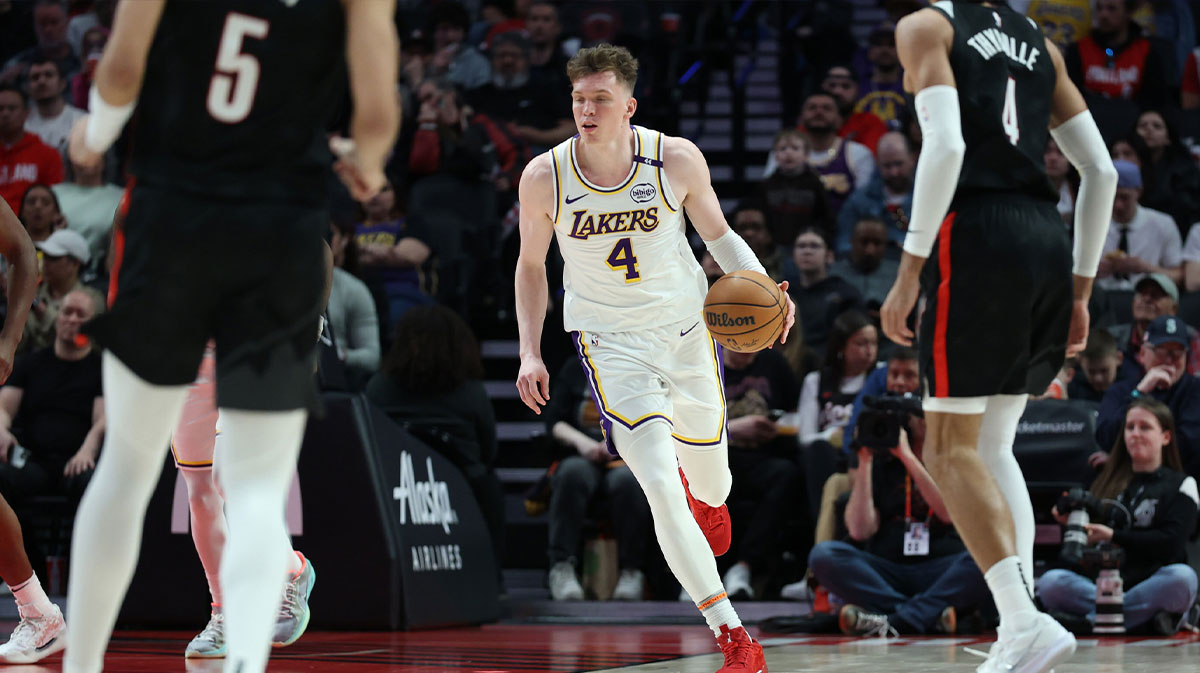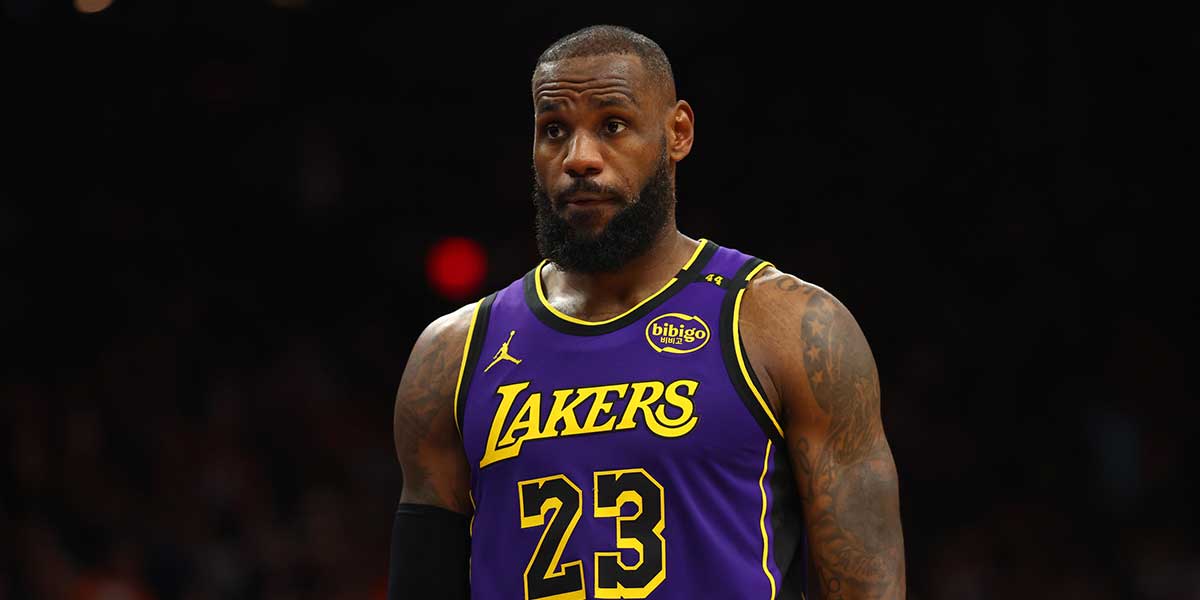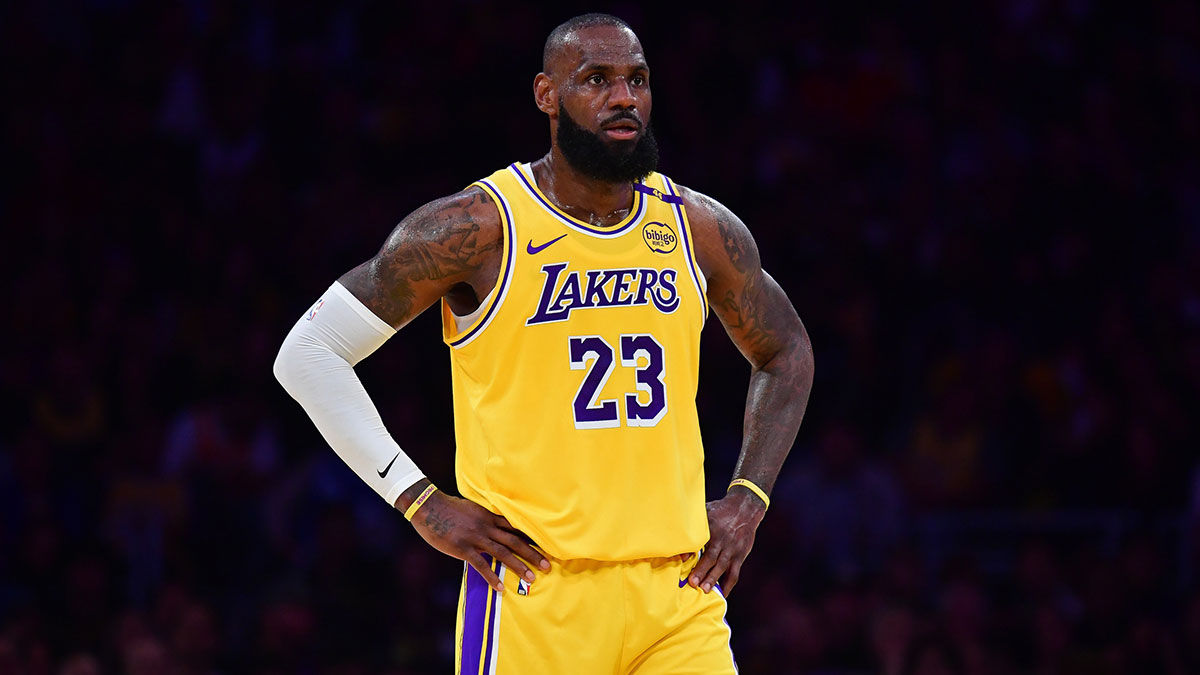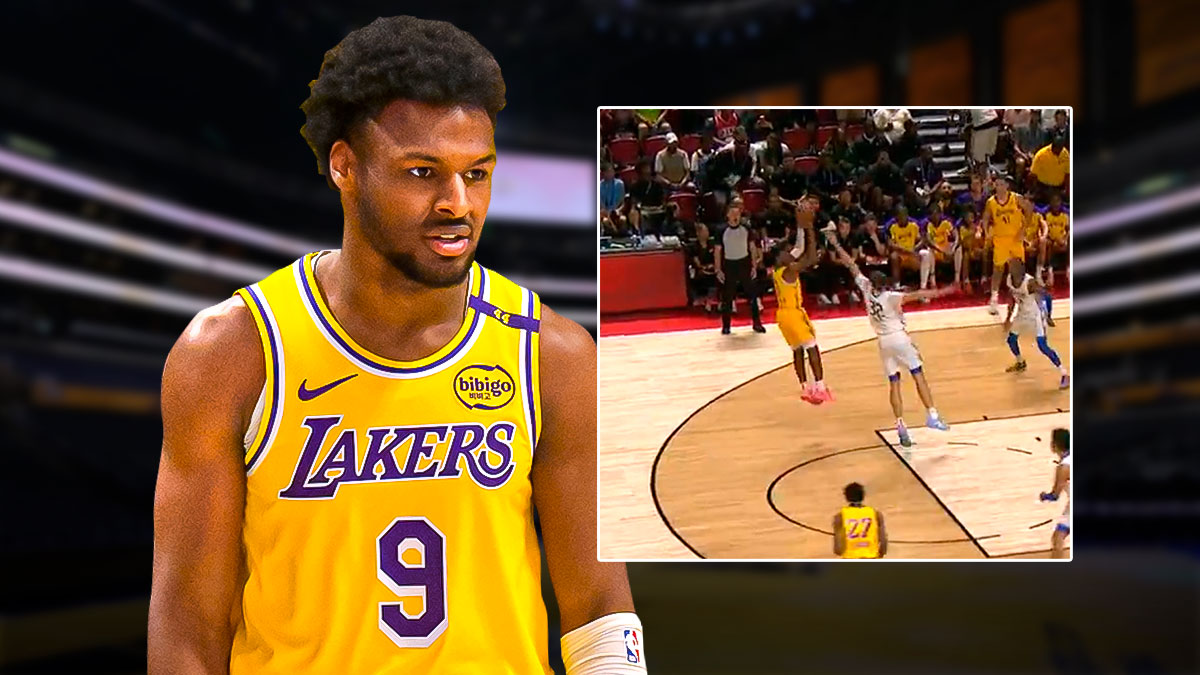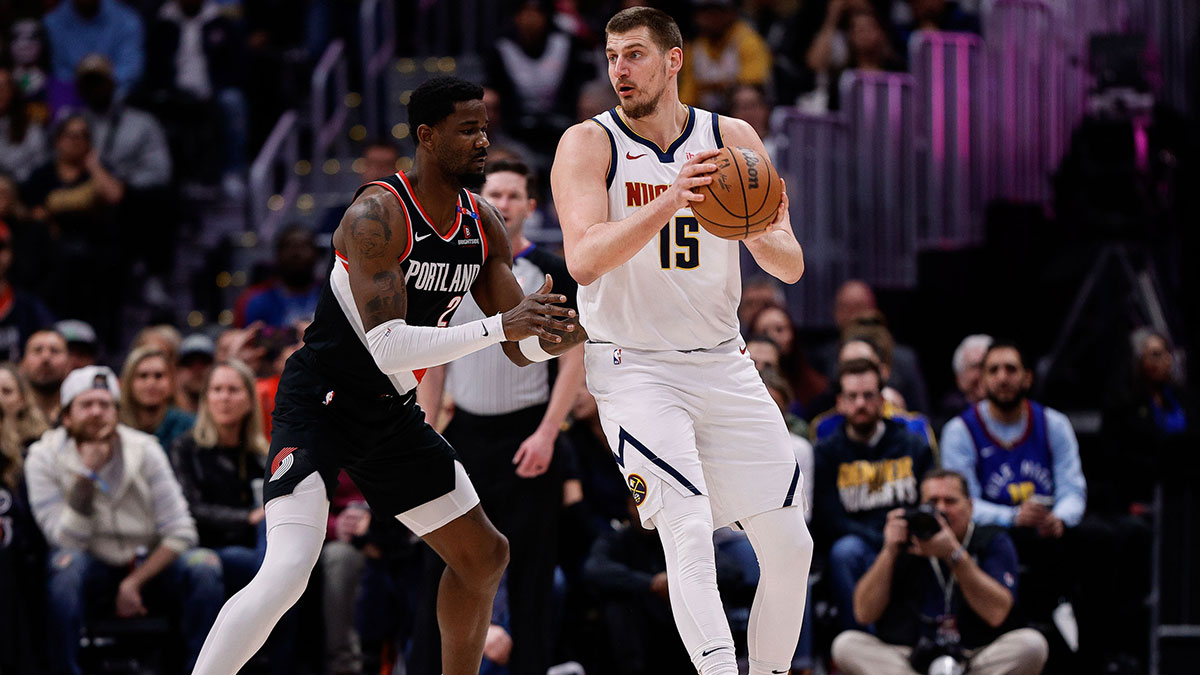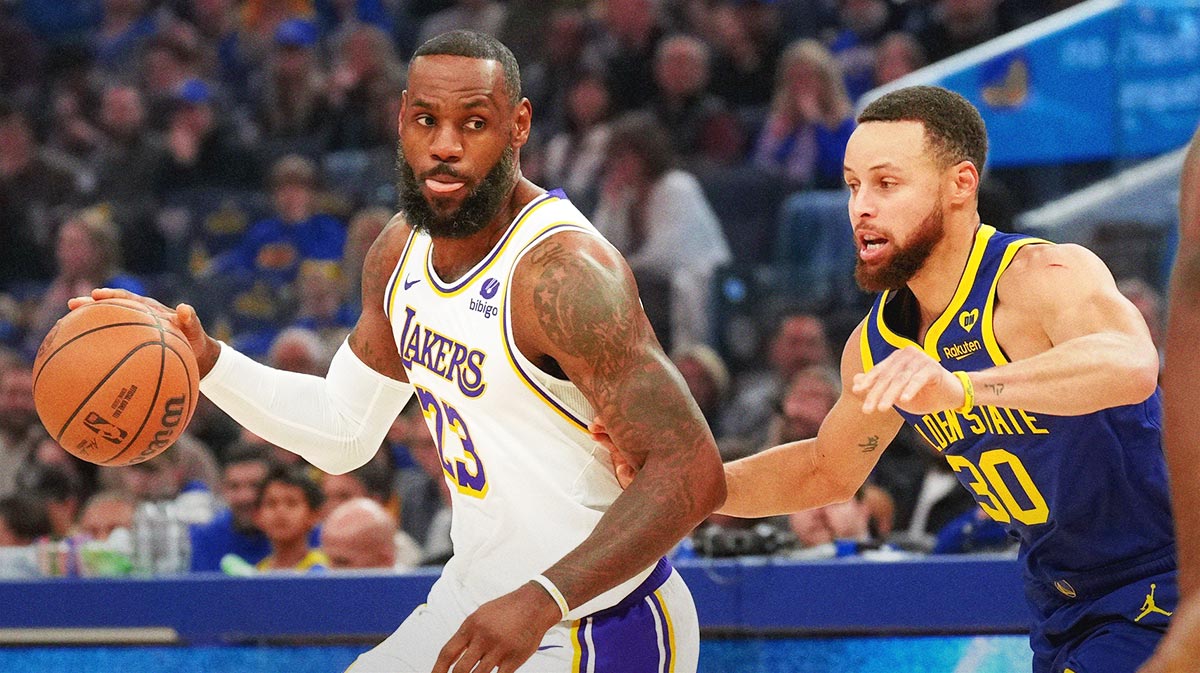On the night Kyle Kuzma received his first championship ring, which came minutes before his fourth NBA season began, the Los Angeles Lakers forward had a bonus reason to rejoice. Earlier that December, he signed a three-year, $40 million contract extension.
“It’s good being in a situation to have my family set for life,” Kuzma said at the time. “And to be from Flint, Michigan, where it’s really an impoverished place, now I can do a little more good back home as well, so it feels good.”
The extension ties Kuzma to the Lakers through 2022-23, then he’ll have a player option for his age-28 season — when he can negotiate another lucrative deal.
Player option on a non-max rookie extension is a first in league, a creative wrinkle that allows Kuzma into unrestricted free agency in his prime at 28. Smart move and great benefit for Kuzma should he out-perform this deal headed into summer of 2023.
— Adrian Wojnarowski (@wojespn) December 20, 2020
It’s wonderful that Kuzma seems content with his life, salary, and professional situation, and he is earning roughly $4 million more than the average NBA player.
“I got a great situation having a two (years) plus one (year) player option,” Kuzma said. “Just being able to align myself with [LeBron James and Anthony Davis] and also to continue to learn and develop as a player — to be in an opportunity for a championship window and continue to win championships until my deal is up and I’m in my prime, so it’s a win-win.”
50 games later — amidst an impressive year in which Kuzma has bloomed into a well-rounded, winning player — the deal looks like a team-friendly bargain.
Kyle Kuzma! https://t.co/W2oDJkFLP7
— LeBron James (@KingJames) December 4, 2020
As Sam Quinn of CBS Sports noted, among the 31 first-round picks since 2016 who have signed rookie extensions, Kuzma’s deal ranks 29th in guaranteed money. The player ranked 31st, Taurean Prince, has a higher annual salary ($14.5 million) than the Lakers forward. Falling just below Kuzma is Justise Winslow (three years, $39 million), but his deal is larger than Kuzma's in terms of cap percentage.
No offense to Winslow and Prince, but Kuzma is a far better player — by any metric or basic observation — with a championship pedigree.
Kuzma is not on the level of 2017 classmates Jayson Tatum, Donovan Mitchell, Bam Adebayo, or De’Aaron Fox — all of whom received max extensions at the same time Kuzma inked his deal. However, fellow 2017 draftees in his tier who didn't sign extensions — such as Lonzo Ball, Jarrett Allen, and John Collins — are in line for paydays that should comfortably exceed Kuzma's, who may have two titles by the time they put pen to paper.
Kuzma Brings A Ton Of Value To The Lakers
Ironically, Kuzma’s affordable price tag was a consequence of his approach throughout his first three seasons — as a one-way scorer who didn’t mesh with James. Now that he's redefined his game, it looks like a bargain for what the Lakers got him at.
Kuzma’s scoring is down six points per game (12.8) from his sophomore season (18.7), as he’s embraced his role as an elite supporting piece. His rebounding, blocks, hustle stats, and defensive metrics are all up, as is the passion and frequency with which he discusses those aspects of the sport.
“Just taking that challenge and just trying to become an all-around dawg, and simple as that,” Kuzma said after leading the Lakers to a win over the Sacramento Kings on Friday. “I’m getting more and more confidence guarding those point guards, shooting guards, being versatile, like you said, guarding Buddy that’s running off screens, guarding a four, guarding a wing. It don’t matter to me. I’m just trying to continue to get better and win games and it’s helping me on the court.”
Kuzma's two-way effort has rarely wavered, a trait head coach Frank Vogel deeply values throughout the taxing, injury-riddled season.
“Kuz plays hard. That’s the simplest way to put it,” Vogel said Friday via Zoom.
Kuzma's most valuable quality is his chameleon-like ability to shape-shift based on the Lakers' needs. He can be a, Swiss-Army knife when the team is at full strength, or revert to a scorer as they try to steal a few wins until the stars return.
In the seven games since LeBron went down, Kuzma has averaged 17.8 points and eight rebounds. Against the Sacramento Kings on Friday, Kuzma had a season-high 30 points on 4-of-7 shooting.
👏 @kylekuzma pours in a season-high 30 in the @Lakers road W! #LakeShow pic.twitter.com/Zy0TmpSzdO
— NBA (@NBA) April 3, 2021
“That's the great lesson that he learned in becoming a champion last year,” Vogel said before Sunday's short-handed showdown with the Los Angeles Clippers. “You take the talents that you have and you give them to the team in any way that it's needed. Sometimes that's to be a defender and rebounder and catch and shoot shooter, sometimes that's to be the primary ball-handler in pick and roll…it's just the mindset of doing whatever the team needs to get Ws.”
In general, the 25-year-old's maturity is reflected in his demeanor, attitude, and mindfulness as much as his skill progression.
“He brings a high level of focus and a high level of defensive intensity and effort,” Vogel said after the Kings win. “He’s going to more than survive out there. He’s going to help our defensive proficiency, which he did tonight.”
All things considered, he’s probably the Lakers’ third-best player, and he’ll be making roughly the same money as Kentavious Caldwell-Pope next season.
“The growth of him is knowing that some games it’s going to be different. It’s not always going to be high-scoring nights,” James said a few weeks back. “But he’s still going to be able to make an impact, especially on the glass and his energy and his effort. But we need him to make shots.”
Been watching 23 for 3 years now 🤷🏽♂️😅🤣 https://t.co/z0CQwC8YtI
— kuz (@kylekuzma) April 3, 2021
Locking up Kuzma before his fourth season began was an underrated and prudent move from general manager Rob Pelinka. It’s possible that, had Kuz not signed the extension, he’d feel less secure in his situation and look to boost his scoring numbers. Or, even if he did make the same stylistic pivot post-title, he would be looking at bigger money in restricted free agency.
The Lakers are facing a historically enormous luxury tax bill before they even entertain the notion of re-signing Montrezl Harrell and Andre Drummond. The franchise will be forced to overpay to re-up Alex Caruso and Talen Horton-Tucker, and Dennis Schröder is looking for over $20 million annually. Kuzma’s extension kicks in next year, so he’s still contributing to the uptick in luxury tax, but outbidding other teams for him would have forced some tough decisions.

